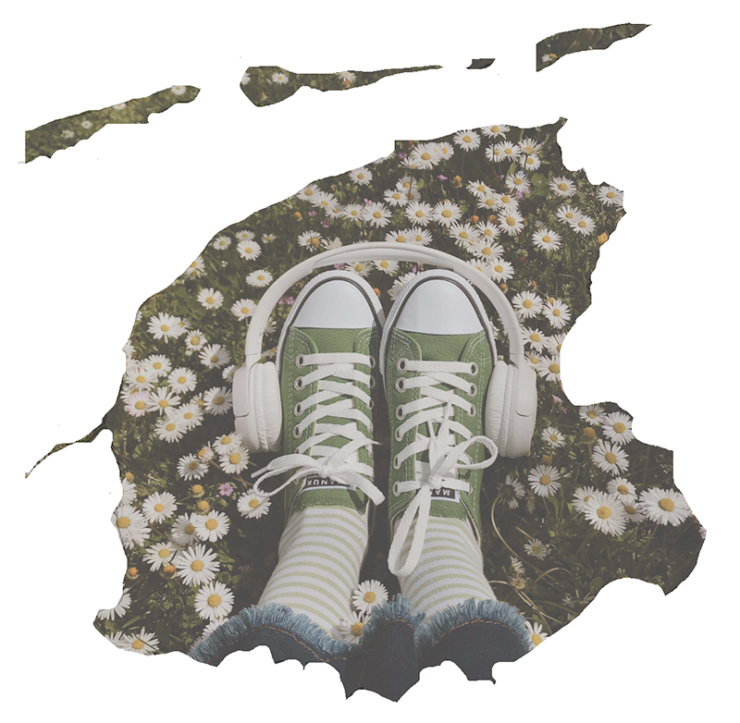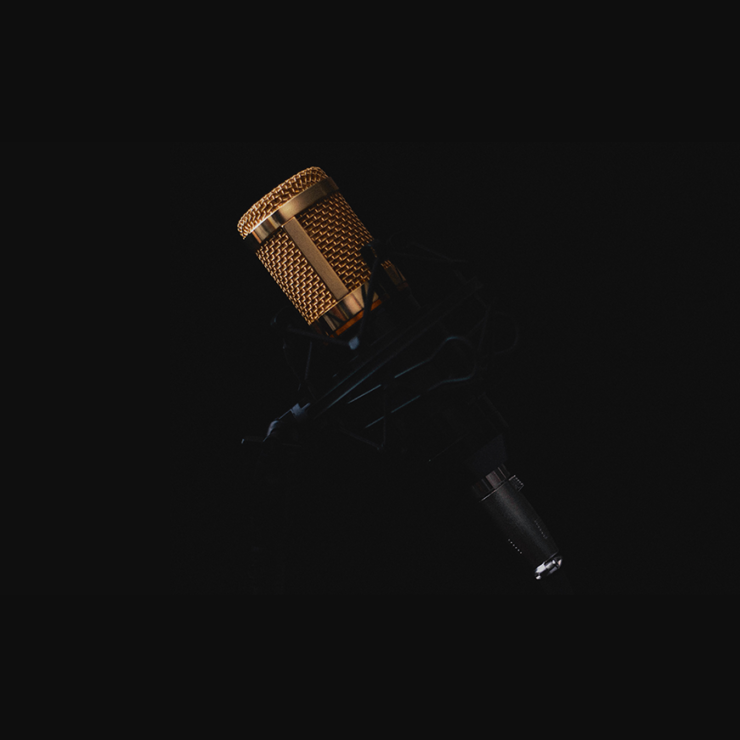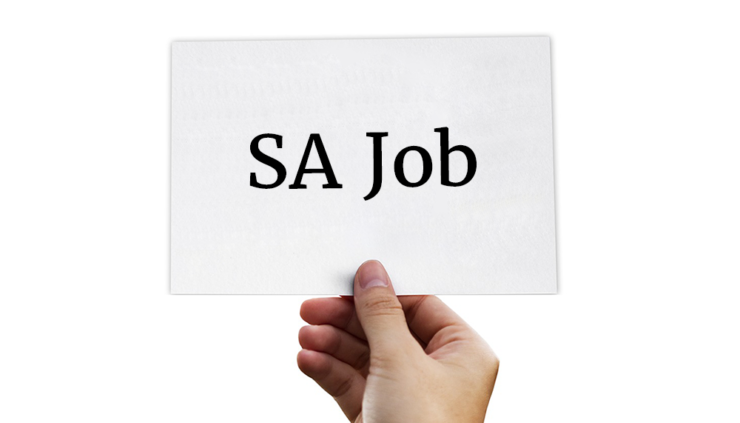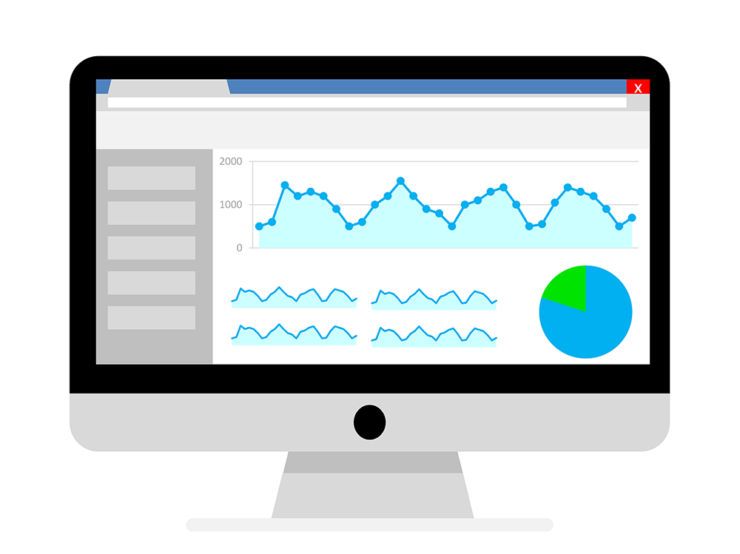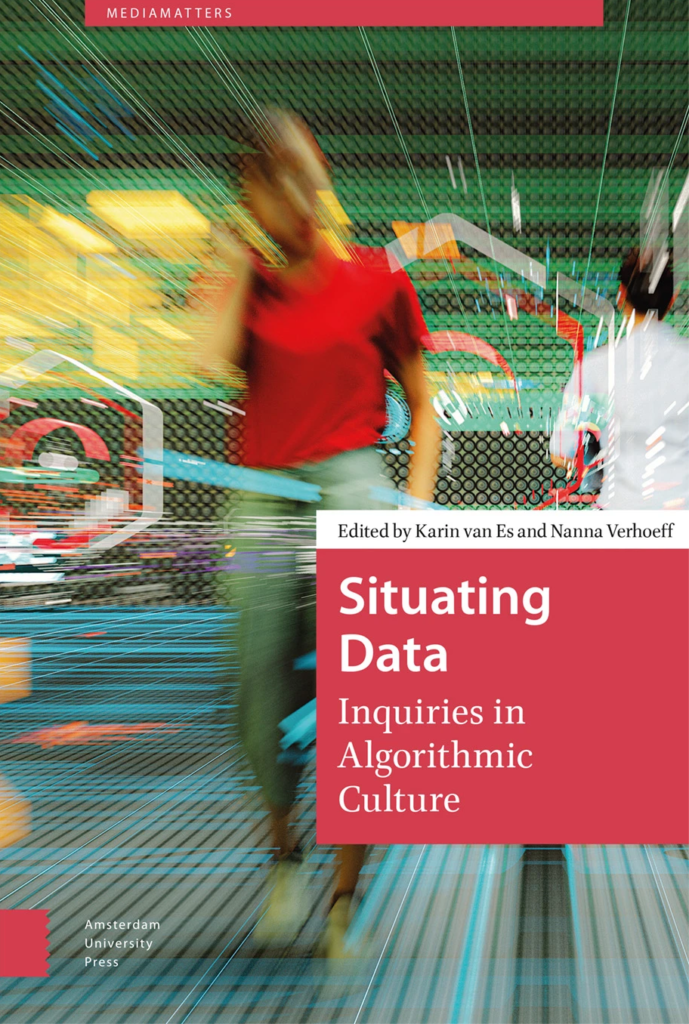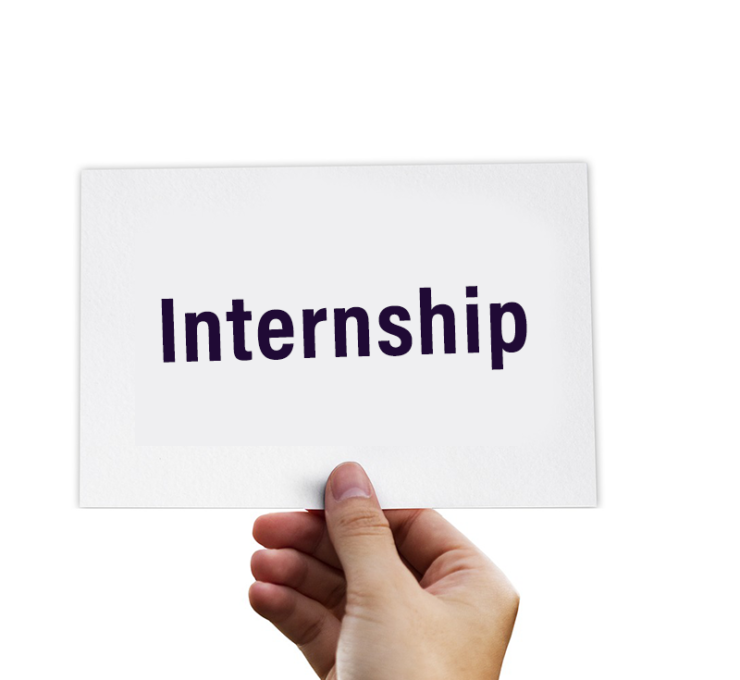Interview with Edo Storm, winner of the Digital History Thesis Award 2023
Edo Storm used a combination of computational methods and close reading to conduct research into the history of the term ‘the West’. It earned him this year’s Digital History Thesis Award. Storm: ‘I wouldn’t have seen the big overarching narrative without this computational method.’ Fellow students sometimes joked about him and his ‘digital stuff’ when
Launch of the Frisian dialects project
The Digital Humanities Lab, together with a group of researchers from Utrecht University and Fryske Akademy, launched the Frisian dialects application to collect Frisian language data in an online experiment in the form of a game. The Frisian dialects application, built by developer Ben Bonfil, tests the knowledge of language variation within Frisia (Northern part
CDH Workshop: Automatic Speech Recognition with Whisper
During these two workshops participants learn how to apply automatic speech recognition (ASR) to their own material. Arjan van Hessen, researcher language and speech technology, will discuss the available tools that you can use to achieve an optimal result. During the workshop, Whisper, an open-source speech recognition toolkit from OpenAI, will be used. The language
Student-assistent gezocht bij Centre for Digital Humanities (0,2 – 0,3 fte)
Binnen de geesteswetenschappen wordt steeds meer gebruik gemaakt van gedigitaliseerde data en tools om deze data te bewerken en analyseren. Om onderzoek en onderwijs op dit gebied te ondersteunen is aan de faculteit Geesteswetenschappen van de Universiteit Utrecht een Centre for Digital Humanities (CDH) ingericht, waarmee bestaande activiteiten versterkt en gebundeld worden. Zo worden in het Research
CDH awarded two FAIR Research IT Innovation Grants
The Centre for Digital Humanities (CDH) has been awarded two FAIR Research IT Innovation Grants. These will allow the CDH to host its own server instance of 4CAT, a webbased toolkit enabling researchers and students to collect and process social media data in a well-secured virtual self-service setting, as well as the addition of a
As a humanities scholar, are you struggling with your quantitative research design?
Statistical Advisor Kirsten Schutter organizes ‘Quantitative research design meetings’ in March, April and May. These meetings are intended for staff at the Faculty of Humanities who are interested in or are struggling with the quantitative component of their research designs. During this meetings, researchers can present and discuss their ideas. According to textbooks on research methodology, doing quantitative
CDH Lecture: Situating Data – Inquiries in Algorithmic Culture
The Department Media and Culture Studies at Utrecht University recently published (in open access) the edited volume Situating Data – Inquiries in Algorithmic Culture (Amsterdam University Press); bringing together a diverse and imaginative set of contributions that offer timely lessons on the importance of data in contemporary cultural practices. During this CDH lecture, the editors and
CDH workshop: Principles & practices of machine learning – A hands-on training for beginners with applications in the humanities
In this one day course Hugo Schnack, assistant professor Language acquisition, processing and disorders, will give an introduction to what machine learning is, when and how it can be used and what it can do. Machine learning is a data analysis technique to discover (complex) patterns in datasets related to some property of interest. These techniques
Centre for Digital Humanities zoekt full-stack ontwikkelaar (0,8 – 1,0 fte)
Het Centre for Digital Humanities (CDH) zoekt een full-stack ontwikkelaar voor het Portal Development onderdeel (PortalDev). PortalDev is een klein team van developers dat verantwoordelijk is voor het onderzoeken, ontwerpen, bouwen en beheren van uiteenlopende portals en andere toepassingen ten behoeve van de onderzoeks- en onderwijsinfrastructuur van de faculteit Geesteswetenschappen. Reageren kan tot en met
Now online: Database with Dutch dialect idioms
The Digital Humanities Lab relaunches the ‘Dutch Dialect Idioms’ database, developed by linguists from Utrecht University and KU Leuven. This is a renewed version of an online database of idioms in 13 Dutch dialects. Idioms are special, linguistically speaking, because they have a meaning that does not follow from their parts: when someone ‘kicked the
Stageplaats aangeboden bij het Centre for Digital Humanities: eventorganisatie Digital Humanities Day
Het Centre for Digital Humanities zoekt een enthousiaste stagiaire om twee events in het najaar 2023 te organiseren. Zoek jij een uitdagende stage met veel verantwoordelijkheid en de mogelijkheid om jezelf te ontwikkelen? Lees dan verder. Binnen de geesteswetenschappen wordt steeds meer gebruik gemaakt van gedigitaliseerde data en tools om deze data te bewerken en
New: Introductory lecture Automatic Speech Recognition
Wat are the (im)possibilities of Automatic Speech Recognition (ASR)? How does ASR work, what are the current speech recognizers and what will (hopefully) change in the coming months? Sign up for the hybrid introductory lecture by researcher Language and Speech Technology Arjan van Hessen on Thursday 16 March from 10:00 to 12:00 hrs. Automatic Speech Recognition –



